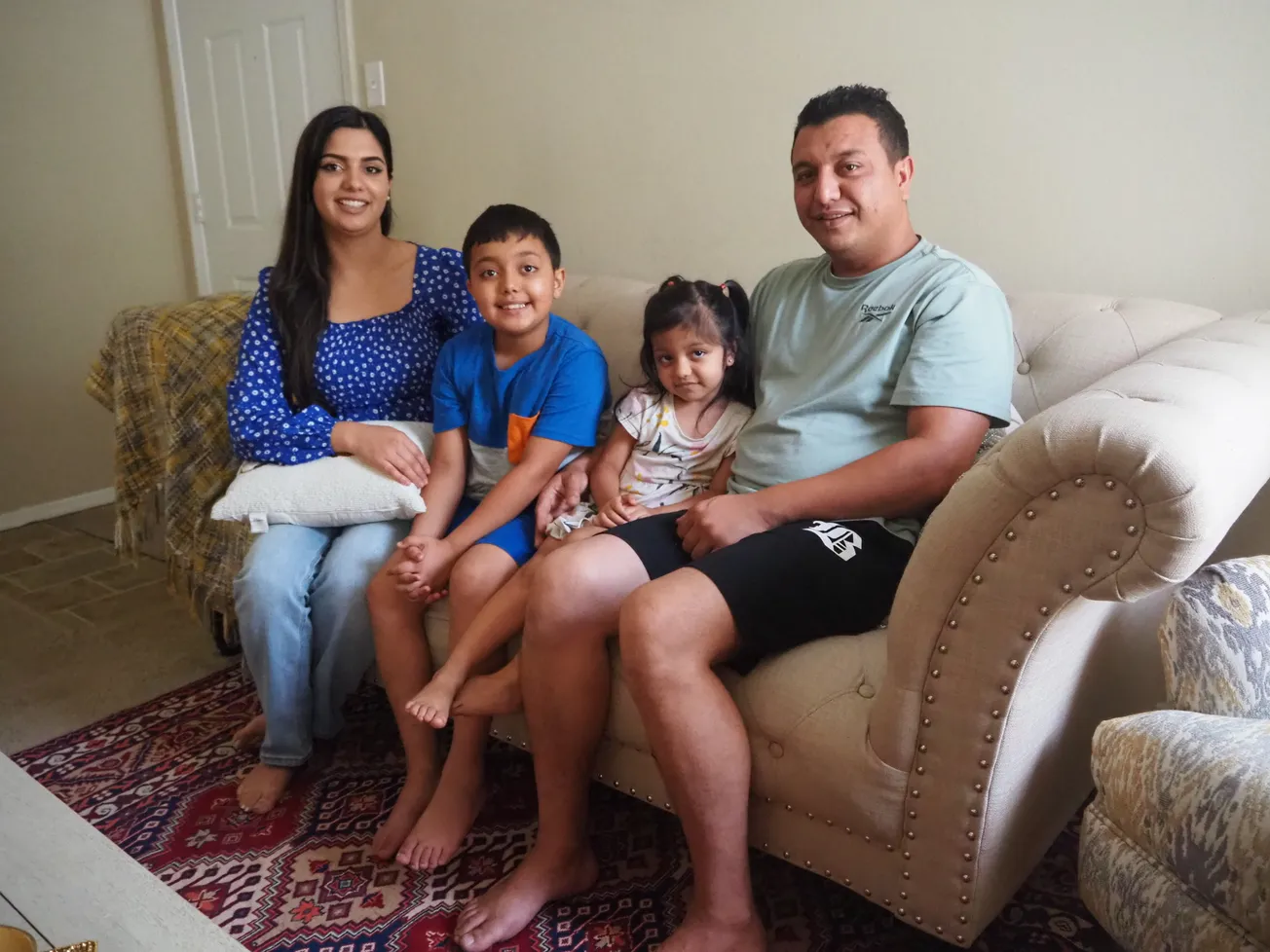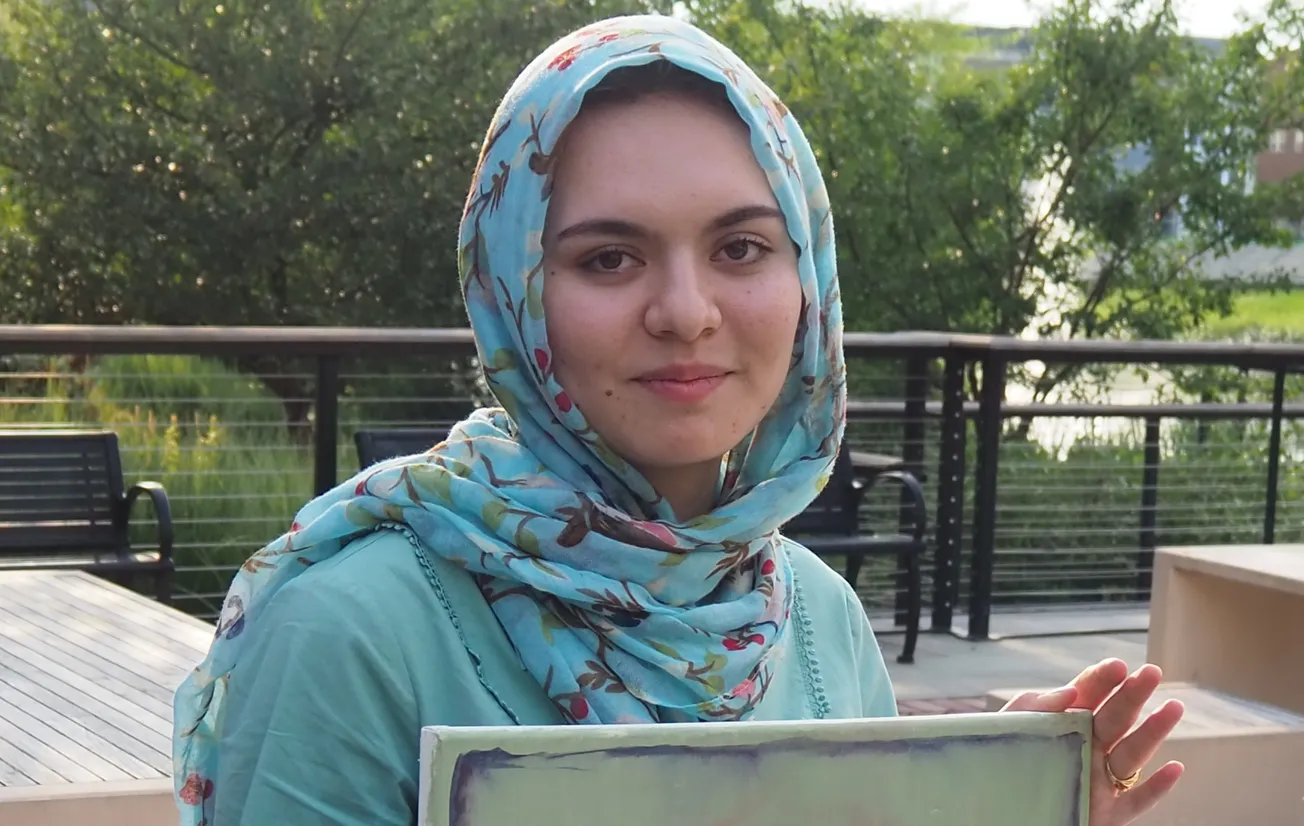Henrico: County of Refuge — Top News — Nonprofits — Commonwealth Catholic Charities — ReEstablish Richmond — YMCA of Greater Richmond — Tuckahoe YMCA — Jewish Family Services — International Rescue Committee
HENRICO: COUNTY OF REFUGE – How local nonprofits work to assist newcomers fleeing conflict worldwide
Henrico County is a place where many refugees are putting down roots, with the help and support of nonprofits focused on supporting and empowering those fleeing conflict. This is the first in a series of articles produced in partnership with The Chronicle of Philanthropy.





